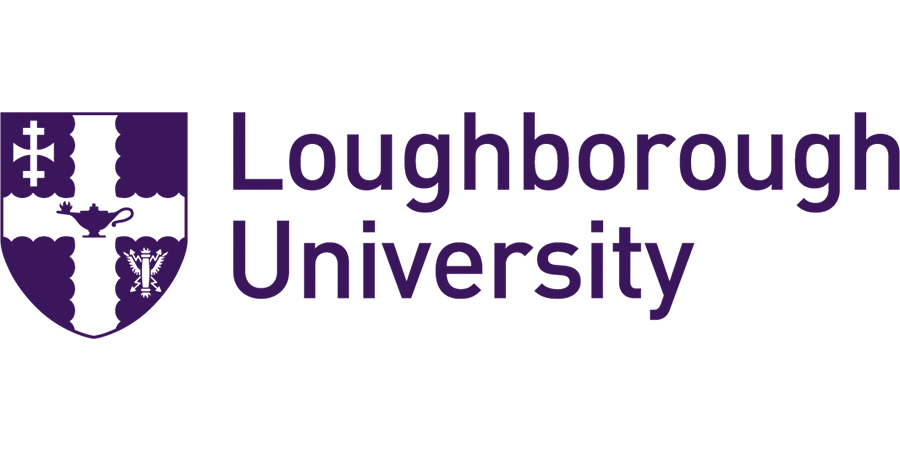PhD Studentship: Development of Non-invasive Sampling Methods for the Study of Pollinators
Loughborough University - School of Science - Department of Chemistry
| Qualification Type: | PhD |
|---|---|
| Location: | Loughborough |
| Funding for: | UK Students, EU Students, International Students |
| Funding amount: | Fully funded |
| Hours: | Full Time |
| Placed On: | 14th November 2024 |
|---|---|
| Closes: | 8th January 2025 |
| Reference: | CENTA2025-LU12 |
Insects are vital to the UK’s ecosystems, but unfortunately many insect pollinators are threatened or in decline. Research to reverse this trend is urgently required. The study of pheromones and volatile organic compounds (VOCs) released from insects is important for monitoring their health. In bees, these chemical signatures play vital roles in the maintenance of the colony, including regulation of social behaviour, foraging, reproduction, swarming and defence. A common approach to study VOCs is to remove exocrine glands, heads or antennae of insects post-mortem, and then extract the chemicals using solvents. As well as the obvious ethical concerns, VOCs extracted post-mortem may be different to those emitted from live and active insects. Therefore, in this project we are seeking to develop an approach to humanely assess the health of live bee colonies, and other insect pollinators.
The project will develop a device to safely sample the air (‘headspace’) surrounding bee hives, enabling samples to be collected non-invasively at specific time intervals. Analysis of the samples using gas chromatography - mass spectrometry will evaluate changes in pheromones, markers of stress, metabolism and other physiological activity, and how this relates to environmental pollution, enabling the development of improved strategies for insect conservation.
Advert information
Type / Role:
Subject Area(s):
Location(s):









